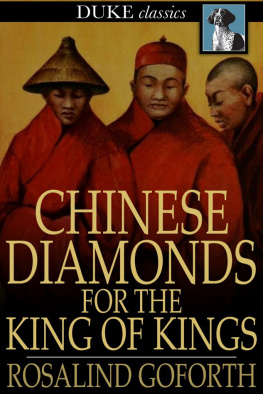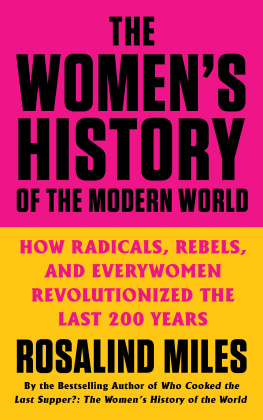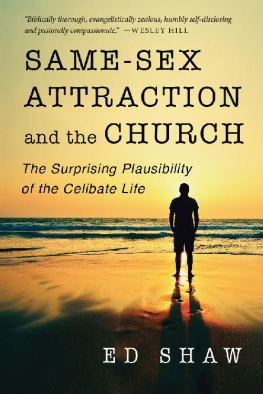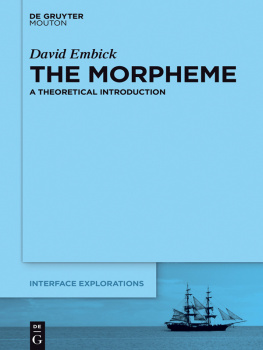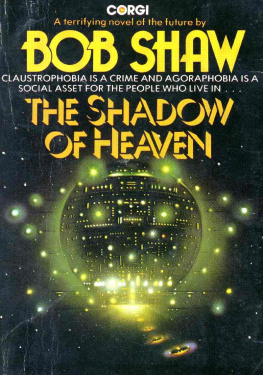Syncretism/Anti-syncretism
Syncretism refers to the synthesis of different religious forms. It is a contentious and contested term which has undergone many historical transformations in meaning. Some see it as a disparaging, ethnocentric label for religious traditions (such as independent African churches), which are deemed impure or inauthentic because they are permeated by local ideas and practices. Yet in other contexts religious synthesis may have positive connotations as a form of resistance to cultural dominance, as a link with a lost history, or as a means of establishing a national identity in a multicultural state. In the present era of displacement, migration, urbanization, global capitalism and generally increasing cultural compression, syncretic processes are multiplied and intensified. The appropriation of development and modernization is often accompanied by the syncretic appropriation of world religions.
These processes are examined by the contributors to Syncretism/Anti-syncretism across such topics as multiculturalism in India, new religious movements in Japan, interpretations of circumcision as crucifixion in Papua New Guinea and Turkish migrants efforts to remain Muslims in Germany. In these studies, the politics of discourses about syncretism are treated as part of the politics of religious synthesis. Who has the authority to describe a particular religious tradition, including their own, as syncretic? What are the political consequences of such pronouncements in, for example, South Africa, India or the USA?
Syncretism/Anti-syncretism will be of interest to scholars and students of anthropology, religious studies, sociology, history and cultural studies. Charles Stewart is Lecturer in Anthropology and Ancient History at University College, London. Rosalind Shaw is Assistant Professor of Sociocultural Anthropology, Tufts University, Massachusetts, USA.
European Association of Social Anthropologists
The European Association of Social Anthropologists (EASA) was inaugurated in January 1989, in response to a widely felt need for a professional association which would represent social anthropologists in Europe and foster co-operation and interchange in teaching and research. As Europe transforms itself in the nineties, the EASA is dedicated to the renewal of the distinctive European tradition in social anthropology.
Other titles in the series
Conceptualizing Society
Adam Kuper
Revitalizing European Rituals
Jeremy Boissevain
Other Histories
Kirsten Hastrup
Alcohol, Gender and Culture
Dimitra Gefou-Madianou
Understanding Rituals
Daniel de Coppet
Gendered Anthropology
Teresa del Valle
Social Experience and Anthropological Knowledge
Kirsten Hastrup and Peter Hervik
Fieldwork and Footnotes
Han F.Vermeulen and Arturo Alvarez Roldan
European Association of Social Anthropologists
The European Association of Social Anthropologists (EASA) was inaugurated in January 1989, in response to a widely felt need for a professional association which would represent social anthropologists in Europe and foster co-operation and interchange in teaching and research. As Europe transforms itself in the nineties, the EASA is dedicated to the renewal of the distinctive European tradition in social anthropology.
Other titles in the series
Conceptualizing Society
Adam Kuper
Revitalizing European Rituals
Jeremy Boissevain
Other Histories
Kirsten Hastrup
Alcohol, Gender and Culture
Dimitra Gefou-Madianou
Understanding Rituals
Daniel de Coppet
Gendered Anthropology
Teresa del Valle
Social Experience and Anthropological Knowledge
Kirsten Hastrup and Peter Hervik
Fieldwork and Footnotes
Han F.Vermeulen and Arturo Alvarez Roldan
Syncretism/Anti-syncretism
The politics of religious synthesis
Edited by
Charles Stewart and Rosalind Shaw
London and New York
First published 1994
by Routledge
11 New Fetter Lane, London EC4P 4EE
This edition published in the Taylor & Francis e-Library, 2005.
To purchase your own copy of this or any of Taylor & Francis or Routledges collection of thousands of eBooks please go to www.eBookstore.tandf.co.uk.
Simultaneously published in the USA and Canada
by Routledge
29 West 35th Street, New York, NY 10001
1994 Charles Stewart and Rosalind Shaw, selection and editorial material; individual chapters, the contributors
All rights reserved. No part of this book may be reprinted or reproduced or utilized in any form or by any electronic, mechanical, or other means, now known or hereafter invented, including photocopying and recording, or in any information storage or retrieval system, without permission in writing from the publishers.
British Library Cataloguing in Publication Data
A catalogue record for this book is available from the British Library
Library of Congress Cataloging in Publication Data
A catalogue record for this book has been requested
ISBN 0-203-45109-0 Master e-book ISBN
ISBN 0-203-45663-7 (Adobe eReader Format)
ISBN 0-415-11116-1 (hbk)
ISBN 0-415-11117-X (pbk)
Contributors
Mariane Ferme received her PhD from the University of Chicago and is Assistant Professor of Anthropology at the University of California, Berkeley. She has conducted extensive field research among the Mende of Sierra Leone and is currently studying Sierra Leoneans in Egypt.
David M.Guss is currently a Senior Fellow at Harvard University as well as a member of the Department of Sociology and Anthropology at Tufts University. His most recent book is To Weave and Sing: Art, Symbol and Narrative in the South American Rain Forest (1989).
Wolfgang Kempf received his MA from Tbingen University and is currently a doctorand at the Department of Anthropology, University of Tbingen. He has conducted fieldwork for 22 months among the Ngaing in Madang Province, Papua New Guinea.
Jim Kiernan received his PhD from the University of Manchester and is Professor of Social Anthropology at the University of Natal, Durban, South Africa. His research on Zulu Zionists has produced numerous journal articles and a book, The Production and Management of Therapeutic Power (1990).
Klaus-Peter Koepping is Professor of Anthropology at the University of Heidelberg. His current interests are modernization and religious movements in Japan, but he has also conducted field research in Afghanistan, South Australia and Taiwan. He is the author of Adolf Bastian and the Psychic Unity of Mankind (1983).
Birgit Meyer studied pedagogy and comparative religion at the University of Bremen and cultural anthropology at the University of Amsterdam. She is currently an associate of the Amsterdam School for Social Research where she is writing her doctoral thesis on local Christianity in Ghana.
David Mosse obtained his DPhil in social anthropology from Oxford University. He is currently Lecturer at the Centre for Development Studies, University of Wales, where he is working on social organization and environmental change in South India.
Rosalind Shaw is Assistant Professor of Sociocultural Anthropology at Tufts University. She co-edited




